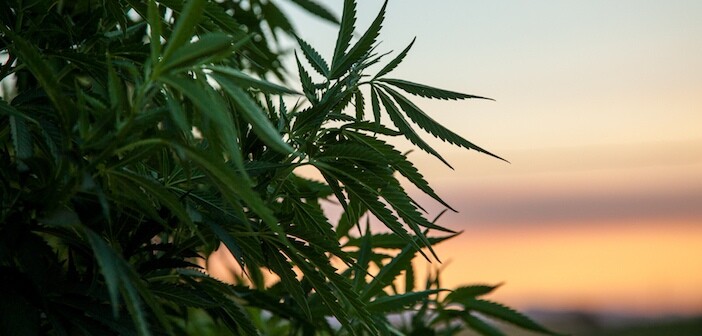
By Randall Chase
Associated Press
DOVER, Del. (AP) — A task force studying issues surrounding marijuana legalization in Delaware is wrapping up its work, but it remains unclear whether there is enough support among state lawmakers to legalize recreational marijuana use.
The task force issued a draft report Wednesday and plans to present a final report Feb. 28.
Rep. Helene Keeley, a Wilmington Democrat who is co-chair of the task force and chief sponsor of a stalled legalization bill, said the bill would be amended to address some of the concerns raised during task-force meetings. The panel has discussed a variety of issues, including law-enforcement concerns, taxation and banking, consumer safety, and local authority and control.
Advocates argue that legalization will eliminate the stigma associated with marijuana use, decrease criminal activity associated with black market sales, and raise revenue for the state.
But the legalization proposal faces staunch opposition from a variety of groups, including law enforcement officials, the state chamber of commerce, health industry workers and AAA Mid-Atlantic, which says it will lead to more highway deaths.
Business interests, meanwhile, remain concerned about workplace safety and the ability of employers to prohibit pot smoking by employees.
William Lynch Jr., a hospital pharmacist and adviser to an advocacy group called atTAcK addiction, said marijuana legalization will lead to increased substance abuse and make the opioid epidemic worse.
Lynch said studies suggest that prolonged marijuana use leads to other drugs, increases the risk of addiction, leads to a variety of physical and mental health problems and increases the risk of deaths and injuries in car crashes.
“When all of these things begin to happen in Delaware if the bill passes, … the blood will be on your hands,” Lynch warned lawmakers.
Keeley nevertheless maintained that supporters of legalization are only a few votes shy of the number needed in the legislature to pass a bill.
“I’m very hopeful that the recommendations from the task force along with the amendment will clarify those questions that individual members have and we can move forward,” she said.
But even if a bill were to pass the General Assembly, it’s unclear whether legalization would ever happen, given Democratic Gov. John Carney’s doubts about the proposal.
“Gov. Carney does not believe now is the time to move forward with legalization,” spokesman Jonathan Starkey said in an email Wednesday. “The governor does not believe that Delaware should be a test case, and should instead continue to monitor implementation in other states.”
While Carney has not directly threatened to veto a legalization bill, Starkey noted that the U.S. Department of Justice created significant uncertainty around the enforcement of federal drug laws in states that have legalized recreational marijuana. Last month, Attorney General Jeff Sessions rescinded an Obama-era policy that generally barred federal law enforcement officials from interfering with marijuana sales in states where pot is legal.
As currently written, the legislation sponsored by Keeley would not allow Delawareans to grow their own marijuana but would legalize possession of up to one ounce of marijuana for personal use by adults over age 21. Initial licensing would be limited to 40 retail stores and 75 cultivation facilities.
Nine states and the District of Columbia have legalized recreational use of marijuana, the most recent being Vermont, which last month became the first state in the country to authorize recreational use by an act of a state legislature.

